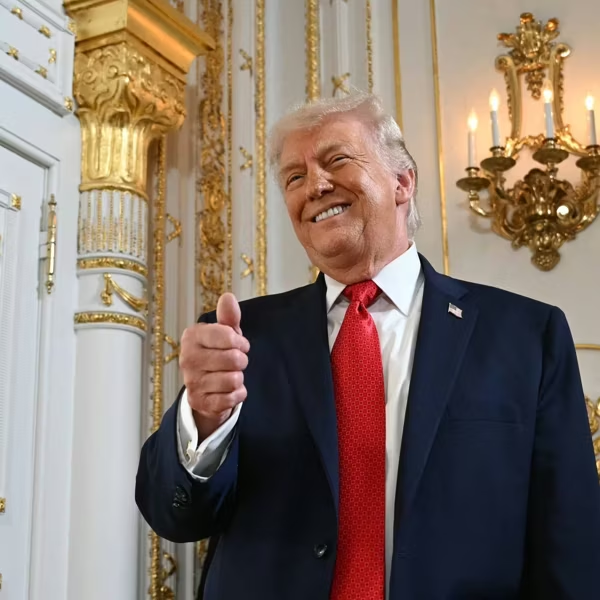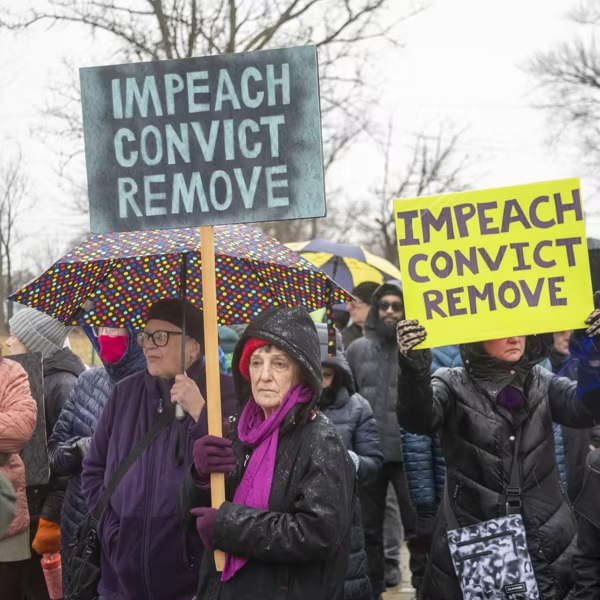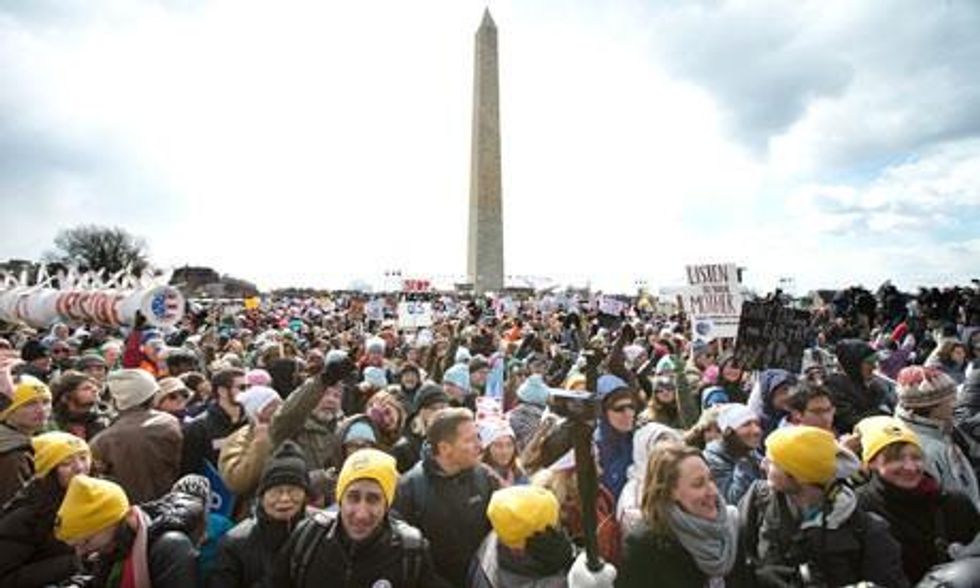"If Congress won't act soon to protect future generations," President Obama vowed during the state of the union speech in February, "I will." This afternoon at Georgetown University, the president made good on that threat. Sort of.
Obama gave what might turn out to be his most substantive, not to mention controversial, address on climate change since he took office over four years ago.
I say might turn out to be, because the devil, as they say, is in the details, and the details are not yet in. It's not clear, for example, how much of his diminishing stock of "political capital" Obama will be willing to spend on aggressively pushing for the climate relief package that he outlined today. It is also not clear whether the three years plus that remain in his soon-to-be lame duck presidency will be enough time to accomplish his ambitious goals, still less insure that they won't be reversed by the next resident of the White House.
But the broad strokes of Obama's new plan are impressive: tough regulations on greenhouse gas emissions, new energy efficiency standards for appliances, renewable energy development on public lands, billions of additional federal dollars to support the launch of green technologies, and coordinated action with state and local governments to help mitigate and adapt to the effects of climate change. He also pledged that the federal government would increase the electricity it uses from renewables to 20% in the next seven years.
This time, the president is not waiting for the Republicans to come on board. He's mandating federal agencies to make the changes unilaterally without having to go to Congress for approval.
In what will likely be the most controversial move of all, Obama directed the Environmental Protection Agency (EPA) under the authority of the Clean Air Act to issue new regulations on carbon dioxide emissions from America's power plants, which are responsible for 40% of US carbon output.
Last year, the EPA proposed limiting carbon from newly built plants, although it is yet to implement that rule. Now the agency will set stringent standards for existing power plants as well - a very big deal, since many of these facilities are still fueled by carbon-spewing coal. Coal plants will either have to switch over to cleaner burning natural gas, sequester the CO2 from their stacks, a tricky and expensive operation, or close up shop. A recent Duke University poll shows strong support for "regulating greenhouse gas emissions from power plants and factories" (64% support this versus 14% opposed).
But it's not likely to go down well in the coal belts of the midwest and the intermountain west. House speaker John Boehner didn't wait for the actual announcement to blast the expected new rules: "I think this is absolutely crazy," the House Speaker said last week. "Why would you want to increase the cost of energy and kill more American jobs at a time when the American people are still asking where are the jobs?"
In his speech today, the president said that this view reflects a "fundamental lack of faith in American business and American ingenuity". Moving to renewables will serve, he said, as "an engine for growth for decades to come". In fact, most voters see such a stark division between "jobs" on one hand and "the climate" on the other as being simplistic. Reuters reported on a Pew survey earlier this year in which, "An astounding 73 to 21% majority rejected the notion that America has to choose between the environment and the economy because more environmental regulations 'will increase costs, hurt our economic recovery and destroy jobs'".
Obama, who is no slouch when it comes to divining where the political winds are blowing, must have noticed the change in mood after too hot summers, Hurricane Sandy, and the spate of wildfires in Colorado and elsewhere have shown Americans that the wolf of climate change is already howling at our door.
So what exactly just happened? Did mild mannered Clark Kent take off his suit and tie and become a climate change Man of Steel? If so, why did Obama wait so long to take these bold steps?
That's not too hard to answer. If a president's first term is dedicated to pleasing the voters, the second term often focuses on the even trickier business of pleasing posterity. Freed of the need to be reelected, our leaders (when they are not preoccupied with scandals like Ronald Reagan's Iran-Contra imbroglio, and Bill Clinton's impeachment over the Monica Lewinsky affair) become suddenly obsessed with insuring "their legacy".
In the tradition of the curse of the second term, President Obama's has gotten off to a rocky start with the Benghazi, the IRS and now the NSA scandals coming hot on the heels of one another. But also true to form, the president is looking for redemption in some historically consequential act - in this case putting the brake on global warming.
But its too early to say if the president has earned his place in the Climate Hall of Fame. Obama will have to follow up with other actions like nixing the Keystone XL pipeline. Today again the president kicked that troublesome can down the road, giving no real hint about what he'll decide, although he did say he will approve the pipeline only if he determines that it "will not increase climate pollution".
Obama will also have to push hard at future global meetings like the upcoming United Nations Framework Convention on Climate Change (UNFCCC) in 2015 rather than watering down international agreements, as the US has too often done in the past. If the president can muster the political cajones to take these controversial steps, then he may indeed be remembered as the climate hero he clearly wishes to be.
"The question is now whether we have the courage to act before it is too late," the president told the crowd to a round of applause. That remains the question for Barack Obama as well.




